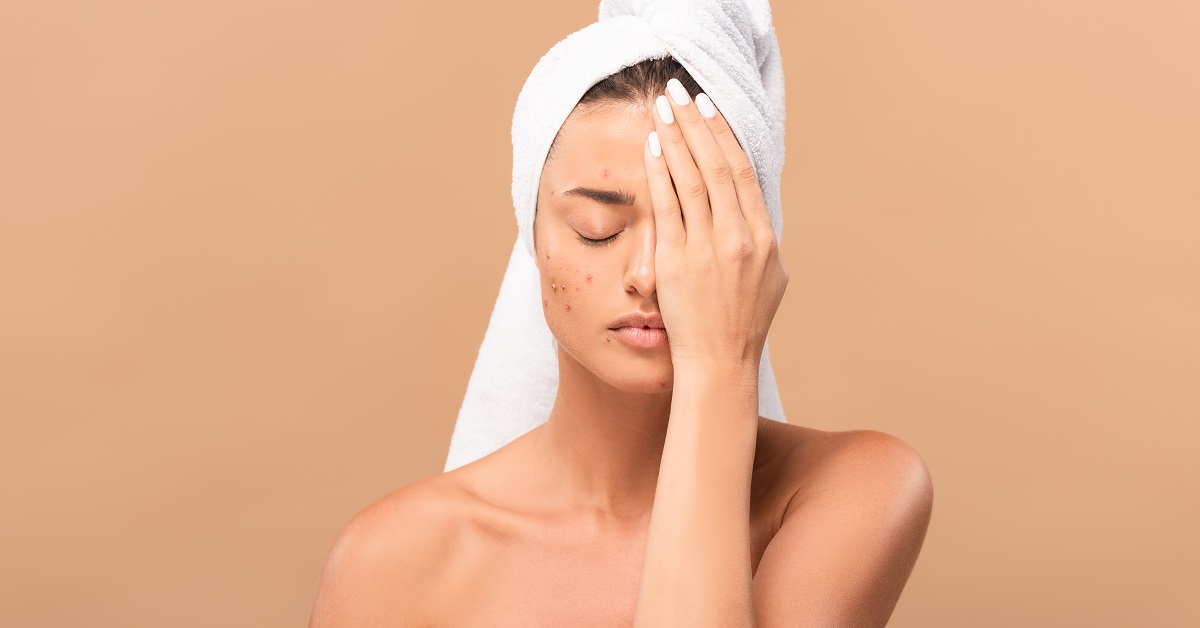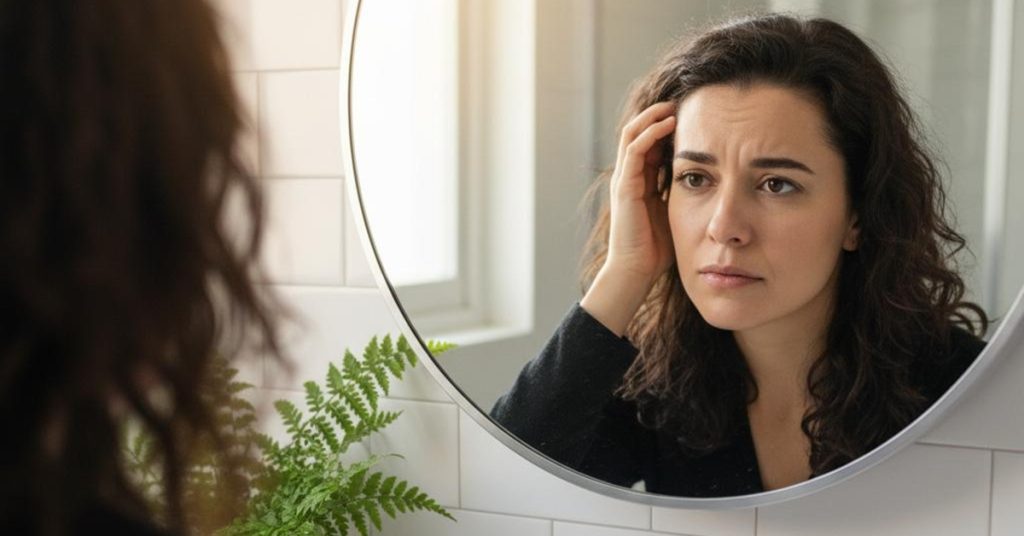What Causes Acne? A Comprehensive Guide

Acne is a common skin condition that affects millions of people around the world. It can be frustrating, painful, and embarrassing, especially for teenagers who are going through different changes in their bodies. However, acne is not restricted to teenagers as it can affect men and women of all ages.
Acne occurs when hair follicles become clogged with oil and dead skin cells, leading to the formation of pimples, blackheads, and whiteheads. Several factors contribute to the development of acne, from genetics to the environment. In this comprehensive guide, we will explore some of the most common causes of acne and take a look at some effective treatments.
Hormones
Hormones play a huge role in the development of acne. During puberty, the body produces more androgens, which increase the size of the sebaceous glands and produces more sebum. This excess sebum can clog hair follicles, leading to the formation of pimples. For women, hormonal changes during menstruation, pregnancy, and menopause can also cause acne. Hormonal imbalances and disorders such as polycystic ovary syndrome (PCOS) can also affect the development of acne.
Genetics
Your genes can also play a role in determining whether or not you are prone to acne. If both your parents had severe acne during their teenage years, then there’s a high chance that you may experience acne, too. A 2012 study found that genetics account for approximately 80% of the factors that contribute to acne.
Stress
Stress is another important factor that can contribute to the development of acne. Stress can affect the body’s hormonal balance, leading to an increase in sebum production. Stress can also impede the body’s immune system, making it more difficult for the body to fight off acne-causing bacteria. If you’re prone to acne, managing your stress levels can significantly improve the condition of your skin.
Diet
While there’s no clear evidence linking diet to acne, some studies have suggested that there may be a correlation between the two. Foods that are high in sugar, refined carbohydrates, and milk have been associated with an increased risk of acne. These foods cause a spike in insulin levels, which can trigger an increase in sebum production. On the other hand, foods that are rich in vitamins A, C, E, and zinc can help reduce inflammation and prevent acne.
Environmental Factors
Environmental factors such as pollution, harsh weather conditions, and exposure to UV rays can also contribute to the development of acne. Pollution can clog pores and irritate the skin, leading to the formation of pimples. Harsh weather conditions can strip the skin of its natural oils, leading to an increase in sebum production. Exposure to UV rays can also cause skin damage, leading to inflammation and the formation of acne.
Tips for Preventing Acne
By understanding what causes acne, you can take proactive steps to prevent and treat the condition. With the right approach, you can achieve clear skin and improved overall health. With that in mind, here are 10 tips for preventing acne.
- Maintain a healthy and balanced diet rich in vitamins A, C, E, and zinc
- Avoid foods high in sugar, refined carbohydrates, and milk
- Practice proper skin care by cleansing your face twice daily with non-comedogenic products
- Reduce stress levels
- Avoid exposure to harsh environmental conditions
- Use natural remedies such as tea tree oil or aloe vera gel on affected areas
- Drink plenty of water to keep skin hydrated
- Exercise regularly to reduce stress and increase circulation
- Get adequate sleep each night
- Consult a dermatologist for targeted treatments if needed
Get Help When Needed
Remember, acne is a common condition that can be managed with the right approach. However, if you’re experiencing the effects of acne, it’s important to seek help from a dermatologist. At DESSNA, our team of experienced professionals is dedicated to helping you find the best treatment for your skin type and condition. With our expertise and knowledge, we can provide tailored advice on how to manage your acne and achieve clear, healthy skin.



